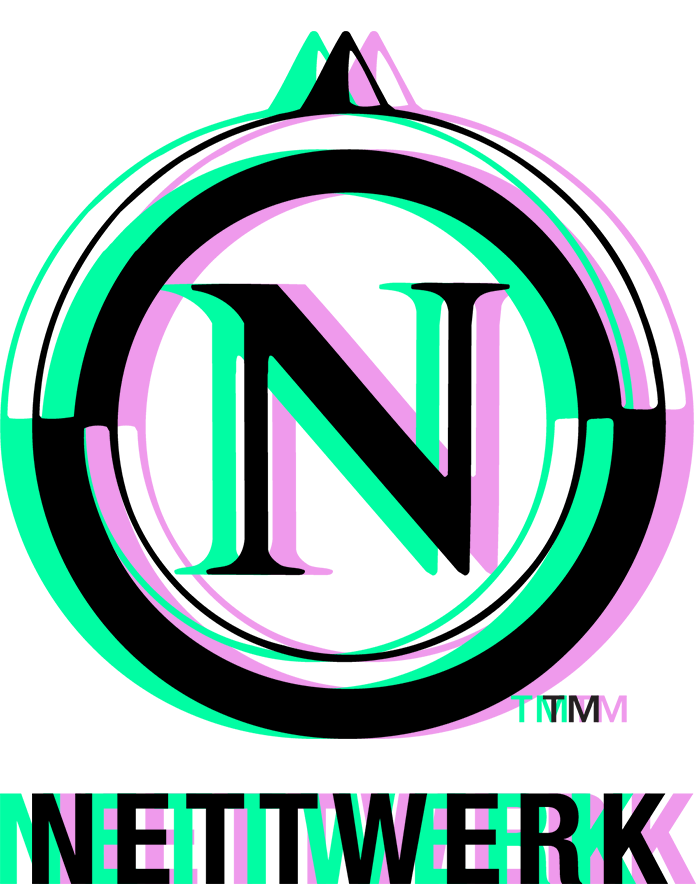Hajaj
Singer-songwriter and producer Abdul Rahman Hajaj went from living in Jeddah to Villars-sur-Ollon, Orange County, Los Angeles, Oregon, Colorado, Barcelona, and London in the span of eight years between 2008 and 2016. In London, he was introduced to producer and multi-instrumentalist Aidan Glover, who executive-produced Hajaj’s Last Call For Coco (2021), a project three years in development.
Last Call For Coco features some of London’s finest jazz musicians, produced by Aidan Glover, featuring co-writing by Rhys Lewis, mixed by Richard Wilkinson (Amy Winehouse, Lianne La Havas, Paolo Nutini), and mastered by Gwyn Mathias (Gerry Rafferty- Baker Street). The EP is structured and sequenced in twenty minutes to tell the story of an undiagnosed bipolar relationship cycle.
Hajaj was interested in Arabic poetry and started writing lyrics from a young age. During the 90s in Saudi Arabia, musical and artistic expression was suppressed and highly regulated due to social and religious extremism. Fortunately, Abdul grew up in a household that celebrated arts and culture. Playing around the house was an extensive blend of music ranging from Arabic influences like Feiruz and Talal Maddah, to artists like Paco De Lucia and Pharrell. Realizing that music as a communicative vehicle was far superior to simple talking, he felt like he came from two worlds but belonged to none. Hajaj found refuge in making music.
Not much is known about Saudi, let alone being Saudi. Even though Hajaj’s past has had constant discontinuity of narrative, he finds great stability in self-evaluation and asking questions in his writing. The most common word used in all of the songs he has written is “why”. In Hajaj’s music, there is a sense of longing for a home, nostalgia, and the futility of a romantic utopia.
Hajaj is now based between Jeddah and London, writing and developing his next album. Stay tuned for more.
Recommended For Fans Of: Jalen Ngonda, Thee Sacred Souls, SAULT, LEISURE, Leon Bridges, Michael Kiwanuka
